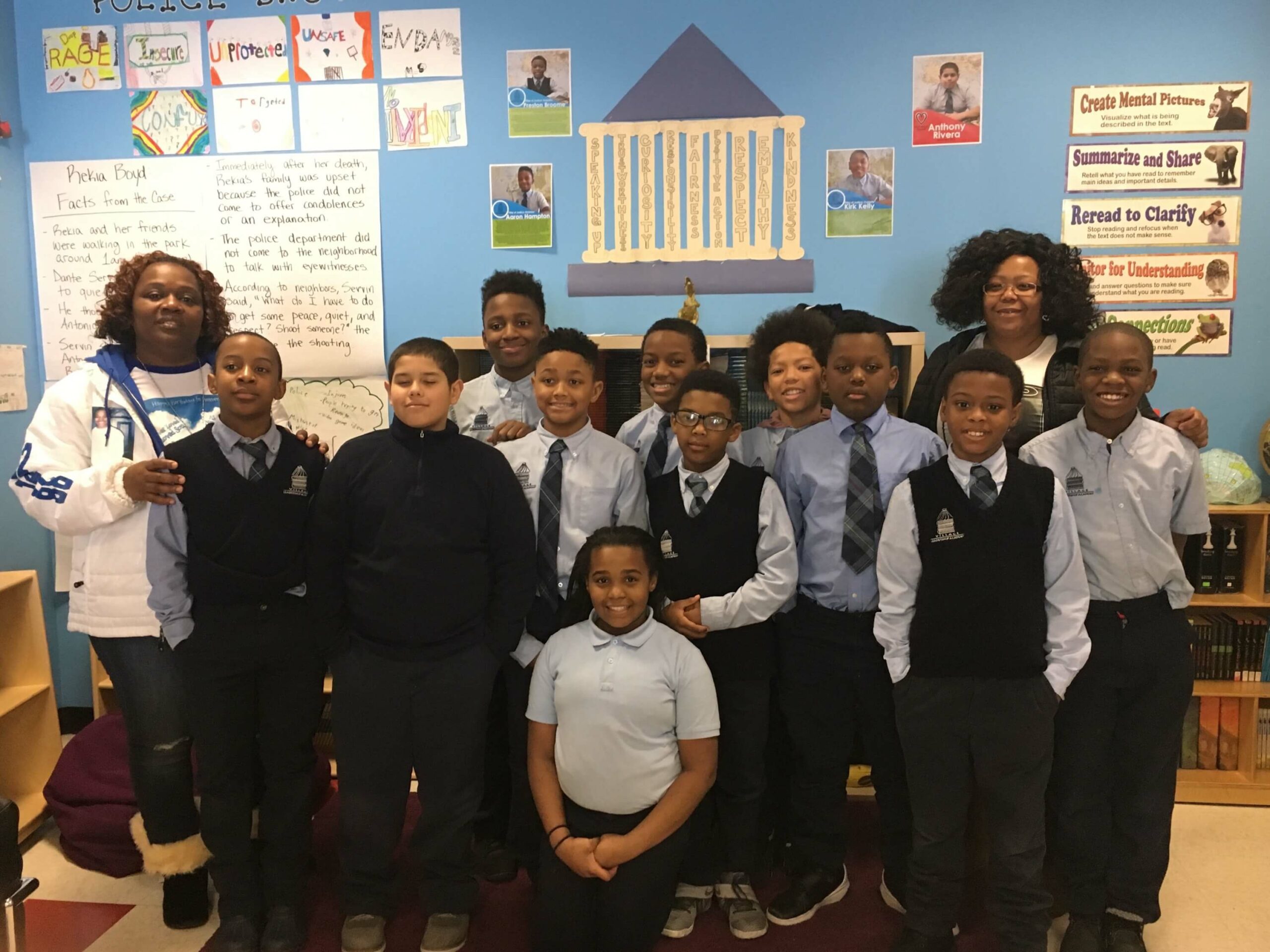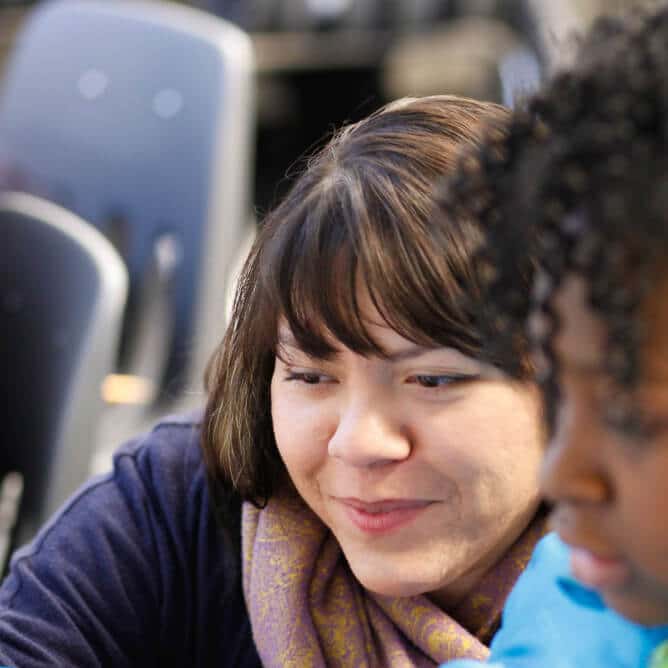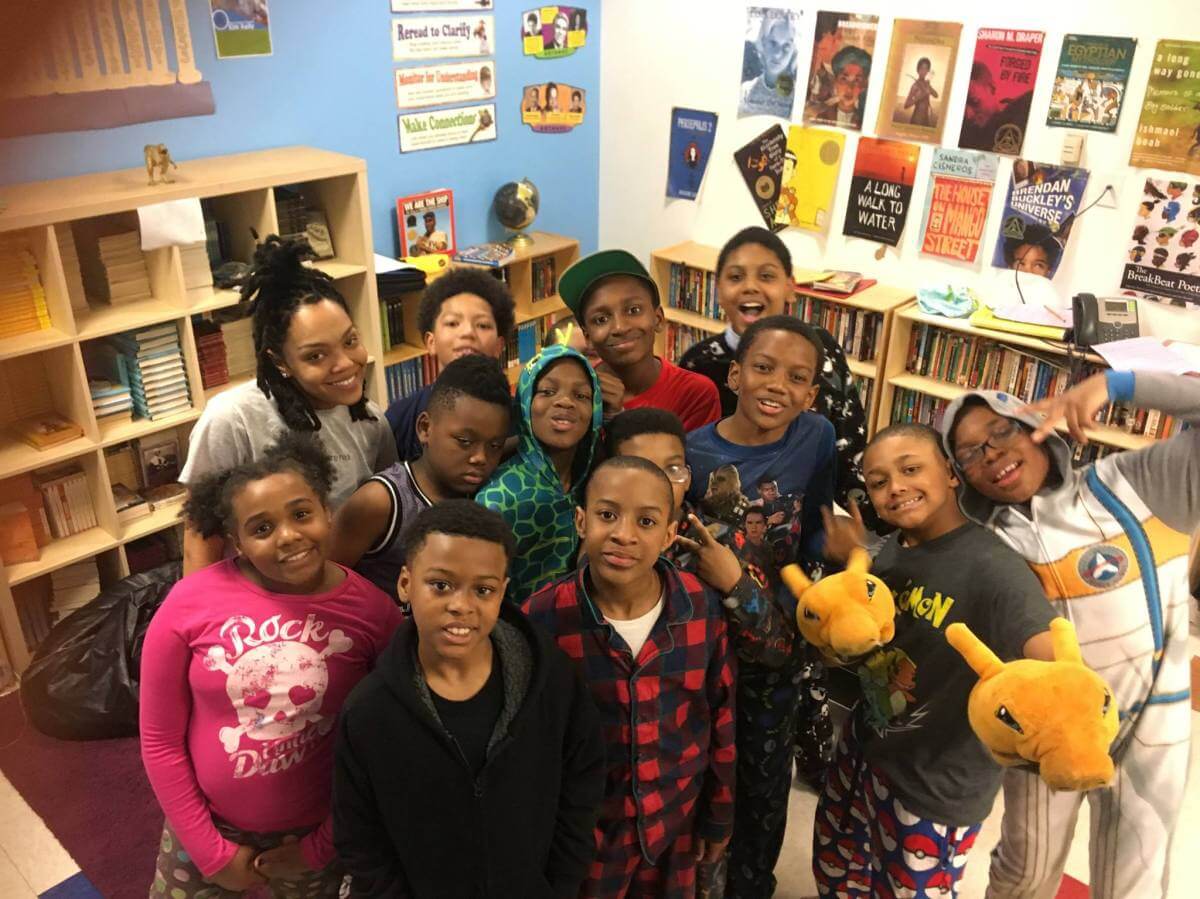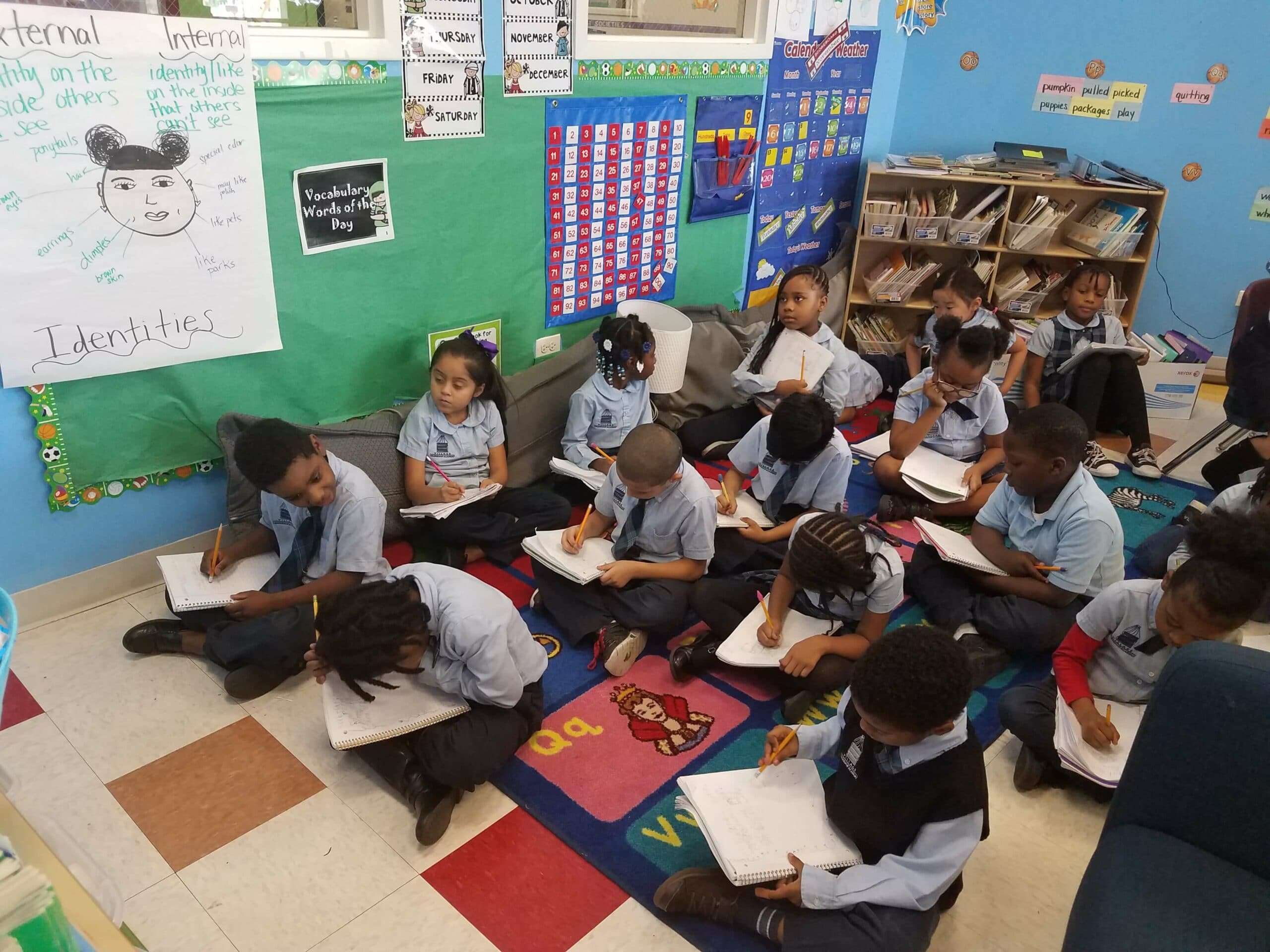Blog
Teaching for Social Justice: the Challenge of Selecting Teachers
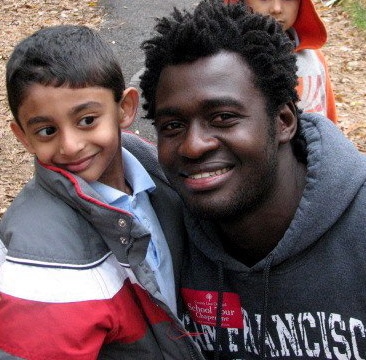
Our first round of hiring was by the books. We wanted to provide our students with the most highly qualified teachers we could find.
The principal of the school spent long hours developing a five step interviewing process that was designed to ensure quality.
We only interviewed candidates that had attended highly reputable teacher education programs and had a minimum of three years of experience teaching inner city youth. Candidates with well polished resumes and immaculate transcripts were sent a three page writing prompt that translated into eight to ten page responses. They had to articulate their personal educational philosophies, prove they understood educational best practices and demonstrate solid organizational and classroom management skills. After using rubrics to grade their responses, we invited those with the highest scores in for formal interviews. During these two hour long interviews we asked further questions about their responses and asked them to provide us with more detail about their classroom experiences. Next step, observe their implementation of a lesson, and finally, check their references.
We did everything we were taught to do, and we still ended up with teachers, who could not wrap their mind around the concept of academic rigor; who were unwilling to incorporate the history and culture of students into the classroom; and who could not deal with the “emotional and behavioral” issues that these students brought into the classroom. The pressure of teaching, respecting cultural differences, and coping with the lasting impact of racism and poverty were just too much to bare. Teachers left because we “had unrealistic expectations,” the children had “too many issue and (the school) didn’t have systems in place to handle all of them.” We also chose to not renew contracts because the climate of the school had turned into an “us (the teachers) vs. them (the administrators)” environment.
The first year experience almost paralyzed me. I questioned our ability to move forward. I wondered if we did want too much. As I reflected on my own educational experience, I remembered teachers who had inspired me (a poor Black girl from the westside of Chicago) to believe that I had the power to change the world. I realized that we had failed to look for the most important characterstics of an effective teacher. Yes we needed well educated, organized teachers, but most importantly we needed teachers who taught in pursuit of justice.
Our interviewing protocol completely changed. When candidates tell me that they teach because “they have always wanted to” or because they “really love children,” I am far from satisfied.
The teachers at Village Leadership Academy teach because they want to level the playing field. They know that according to statistics the future of our students look bleak and they believe that they have the ability to change those odds.
To us, access to quality education is the civil rights movement of today. Our teachers, who are of diverse backgrounds, are willing to study the history of their students and evaluate the impact that historical racism has on the lives of the students today. Not only are they willing to discuss these issues with each other during teacher meetings, they openly discuss these issues with their students in the classrooms. I now realize that as an administrator I must hire educators who are willing to question the world around them; to analyze how the decisions of others has shaped the world we live in; to identify systems of injustice by taking the perspective of others; and who are willing to imagine a better world and build it.
At Village Leadership Academy our students are determined to learn because our teachers are determined to teach. We are questioning, confronting, and conquering every social construct that yells at us “you can’t.” We are teaching social justice, but most importantly, we teach in pursuit of justice.
Enroll Now
Discover a partner in the future of your child. Enroll your scholar for the 2021-2022 school year today!
